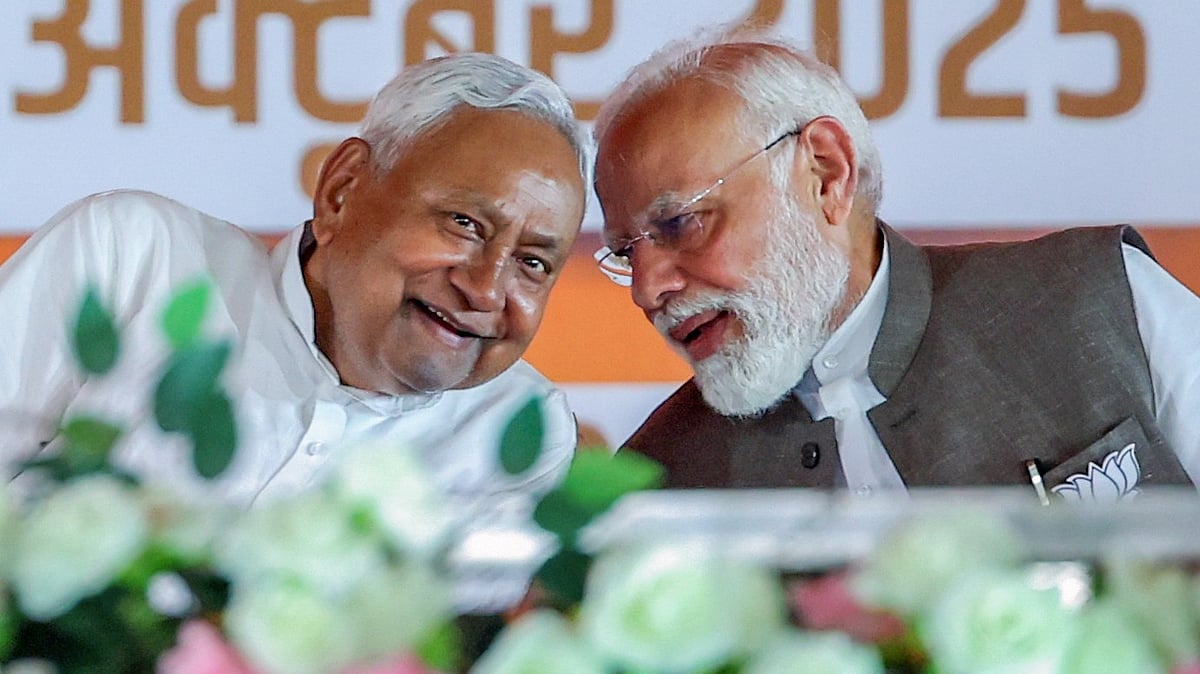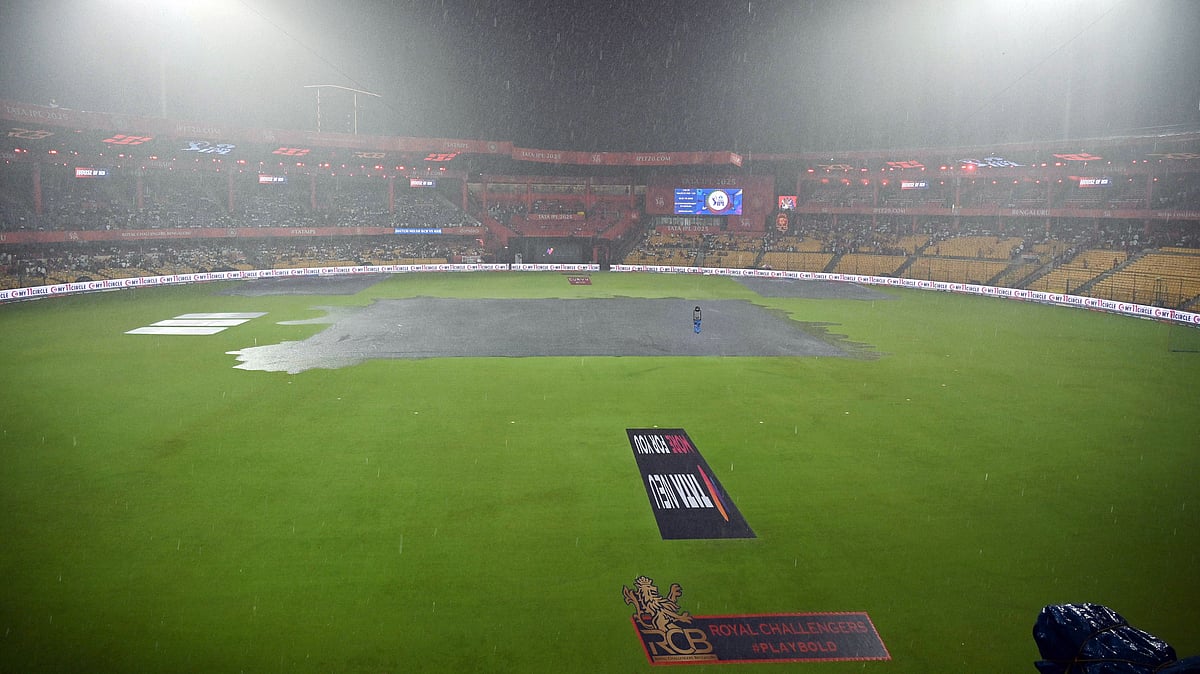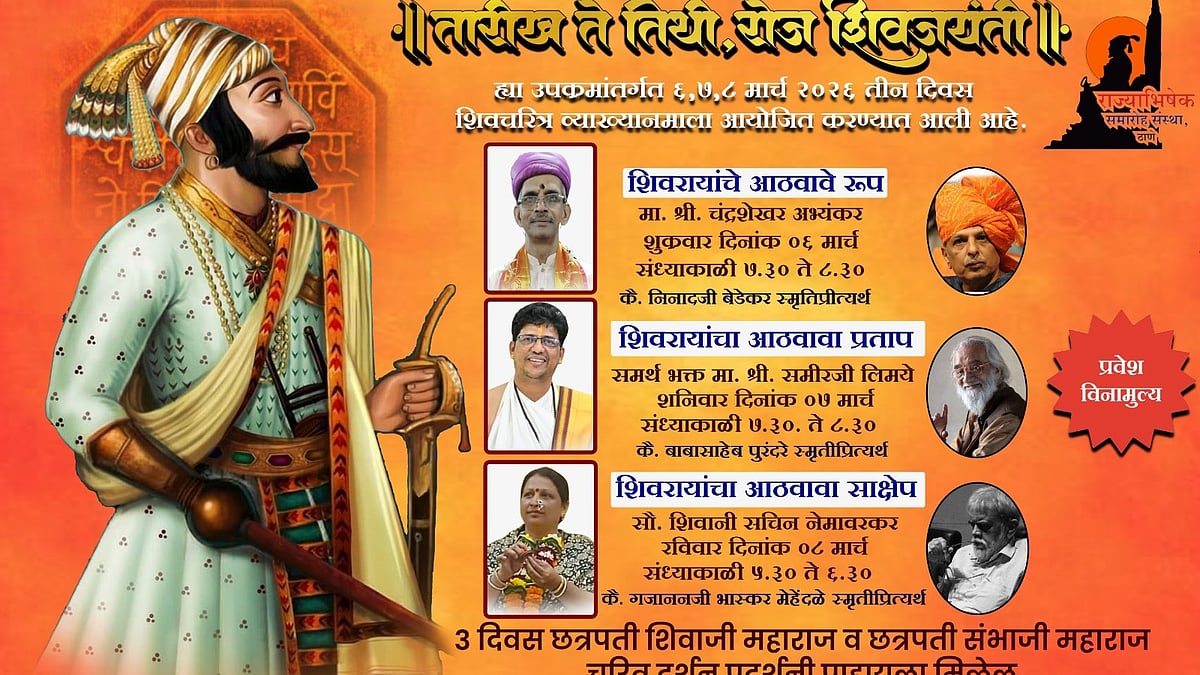Mumbai: Despite the Brihanmumbai Municipal Corporation (BMC) offering a 5% rebate in property tax to encourage Bulk Waste Generators (BWGs) to treat waste at source since 2020–21, only 12 residential complexes have availed the benefit so far. The civic incentive remains modest compared to the high costs of on-site waste treatment, which often generates foul odour and requires substantial space key reasons behind the low compliance rate.
Low Uptake Despite Mandate and Incentives
A 5% rebate is available to housing societies that use treated water from Sewage Treatment Plants (STPs), compost segregated waste, and implement rainwater harvesting. However, eight years after the BMC made on-site waste treatment mandatory for BWGs, compliance remains poor.
Out of 2,776 large residential and commercial BWGs, only 784 process wet waste on-site, while the rest hand it over directly to the civic body for disposal.
Only 12 Housing Societies Avail Rebate
According to civic data, among housing societies across Mumbai, five are located in Parel, two each in Dongri and Andheri (West), and one each in Bandra (West), Goregaon, and Kandivali. The K (West) ward, covering the Andheri (West) area, has the highest number of BWGs 392 in total.
Residents Cite High Costs and Maintenance Issues
Dhaval Shah, from the Lokhandwala Oshiwara Citizens Association (LOCA), said, “Many societies do not approach the BMC because of bureaucratic red tape. Moreover, operating waste processing plants whether manual or automatic requires skilled manpower and machinery, which are costly. Additionally, neighbouring societies often complain about foul odour, leading many societies to shut down their plants within three to four months.”
Vinod Gholap, a resident of an MHADA society in Charkop, echoed similar concerns. “Hardly any societies continue waste processing within their premises. The process is complicated and expensive, requiring the cooperation of society members, and even watchmen are often unwilling to handle the work,” he said.

Civic Body Says Rebate May Be Reviewed
A senior civic official from the Solid Waste Management (SWM) Department admitted that the 5% rebate may not be a sufficient incentive. “Many societies are unwilling to continue with waste processing as they consider the rebate too small. If there is any demand for an increase in the rebate, it can be discussed,” the official said.
BWGs Contribute to City’s Daily Waste Load
Under civic norms, establishments that generate over 100 kilograms of waste per day or occupy more than 5,000 square metres are classified as BWGs. These entities contribute significantly to Mumbai’s total daily waste generation of approximately 6,900 metric tonnes. Of this, only around 10% is sent to the Deonar landfill, while the majority is transported to the Kanjurmarg landfill, the city’s primary waste processing and disposal site.




